FSX Chicago and our CFII instructors will conduct Instrument Proficiency Checks at our Flight Center in Berwyn or in the air, using our Cessna training aircraft.
CALL 708-299-8246 to schedule your IPC today. Will work with your schedule!
Please read the following as a guide for what is expected for your IPC endorsement.
The certificated flight instructor (CFI) performs one of the most vital and influential roles in aviation, because the aviation educator’s work matters not just for the individual pilot, but for every passenger who entrusts his or her life to that pilot’s knowledge, skill, and judgment.
The instrument flight instructor – the so-called “double-eye” – carries an even greater responsibility. Weather is still the factor most likely to result in aviation accidents with fatalities. Notwithstanding the common reminder that the instrument rating is not an “all weather license,” the CFI-I’s endorsement for instrument privileges attests that the pilot has the knowledge and skill to operate safely in instrument meteorological conditions (IMC) during all phases of flight. Two special challenges arise for the CFI-I who administers the instrument proficiency check (IPC) described in 14 CFR 61.57(d). The CFI-I who trains a pilot for the initial instrument rating can develop a comprehensive picture of that pilot’s instrument flying knowledge, skills, and judgment, usually in an aircraft familiar to both the CFI-I and the trainee. By contrast, an IPC more often requires short-term evaluation of an unknown pilot, possibly with the added challenge of an unfamiliar aircraft and/or avionics, particularly in technically advanced aircraft. In addition, the IPC is not always conducted in the “real-world” IMC flying environment.
Expectations: Regulations for the flight review (14 CFR 61.56) require a minimum of one hour of ground training and one hour of flight training. While 14 CFR 61.57(d) does not stipulate a minimum time requirement for the IPC, a good rule of thumb is to plan at least 90 minutes of ground time and at least two hours of flight time for a solid evaluation of the pilot’s instrument flying knowledge and skills. Depending on the pilot’s level of instrument experience and currency, you may want to plan on two or more separate sessions to complete an IPC. For pilots with little or no recent instrument flying experience, it is a good idea to schedule an initial session in an appropriate aircraft training device (ATD). Regulatory Review: The regulations (14 CFR 61.57(d)) state that an IPC must include “a representative number of tasks required by the instrument rating practical test.” A thorough IPC should cover general operating and flight rules for IFR as set out in 14 CFR Part 91 and in the Aeronautical Information Manual (AIM). To make the best use of ground time, ask the pilot to review the Instrument Procedures Handbook (FAA-H-8261-1A), Instrument Flying Handbook (FAA-H-8083-15), and Aviation Weather and Weather Services in advance of your session. Remind the pilot to bring current copies of documents such as the instrument rating PTS, FAR/AIM, charts (en route and instrument approach procedures), Airport/Facility Directory (A/FD), and Pilot’s Operating Handbook (POH) or Airplane Flight Manual (AFM) for the aircraft to be used.
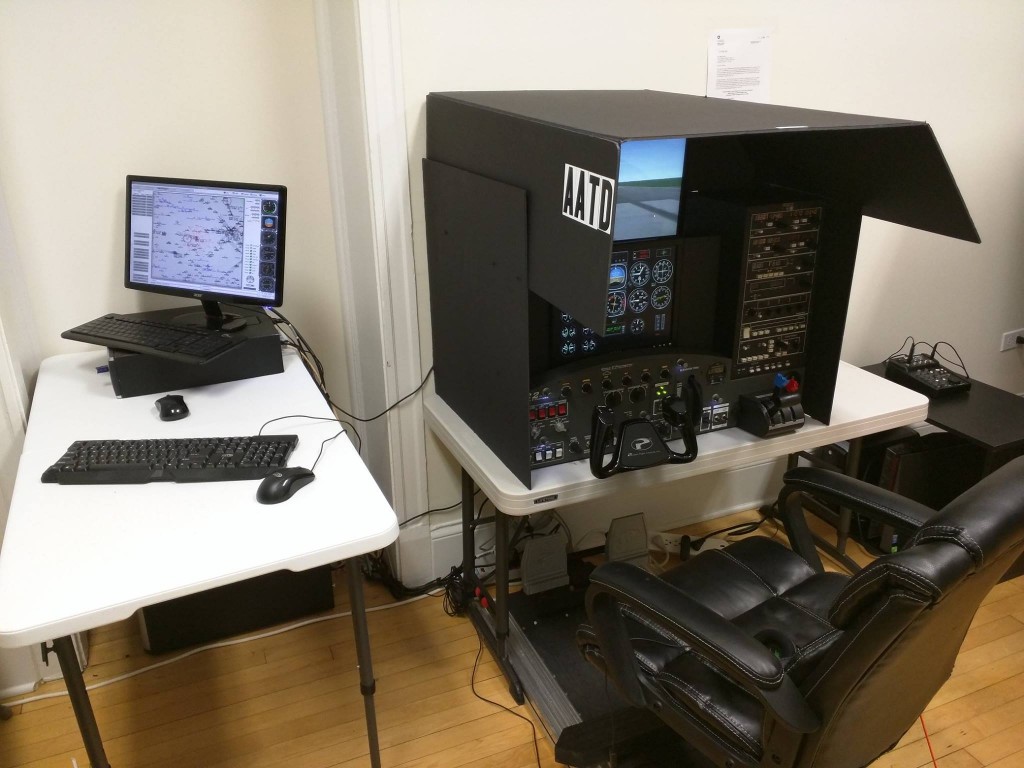

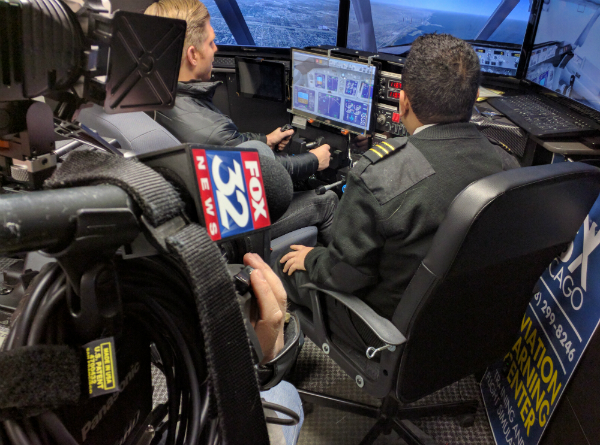
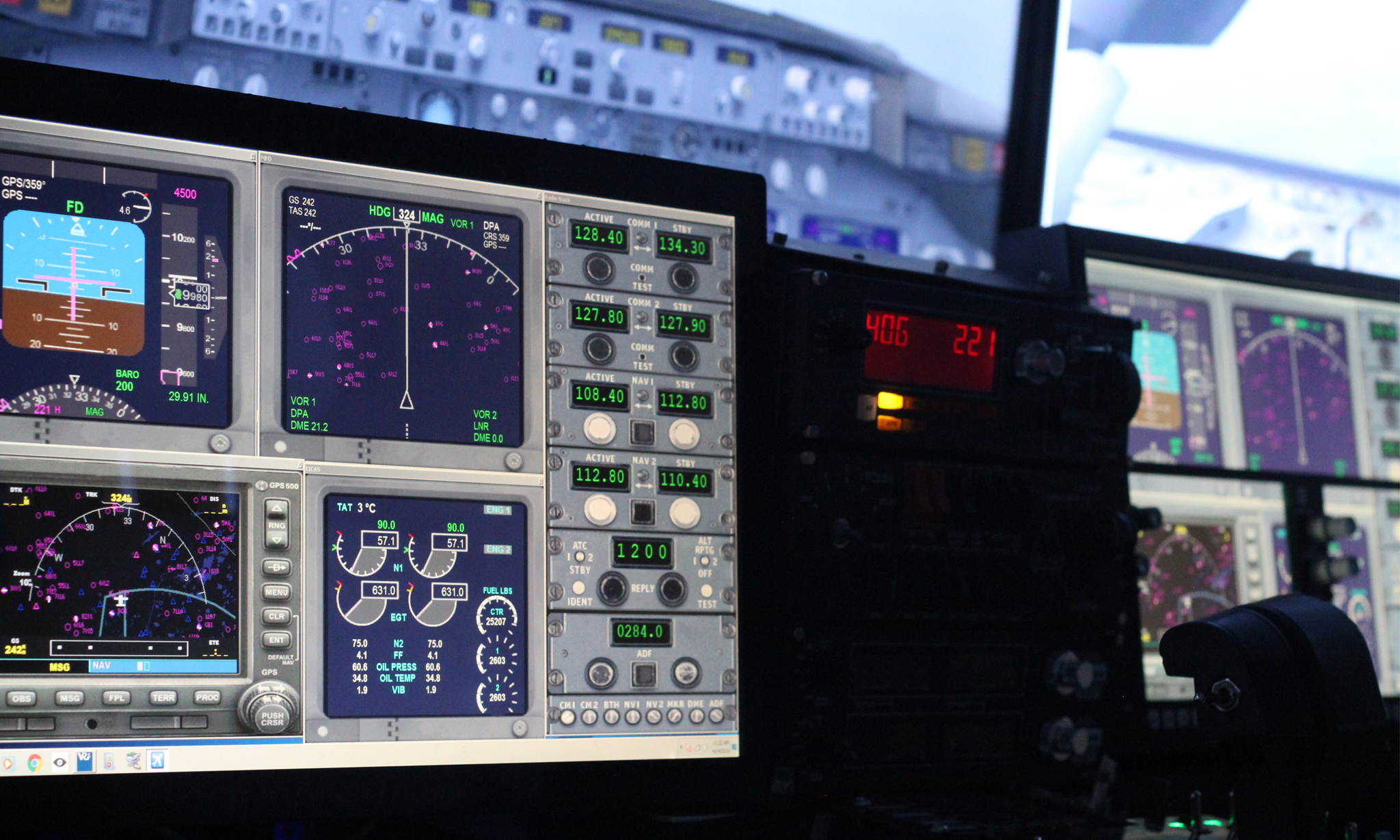
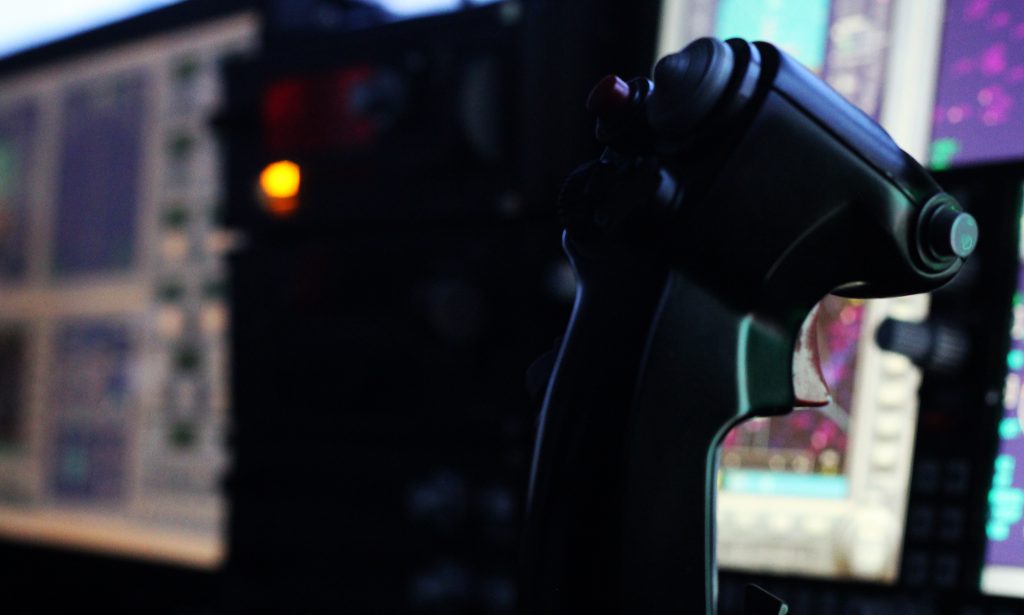

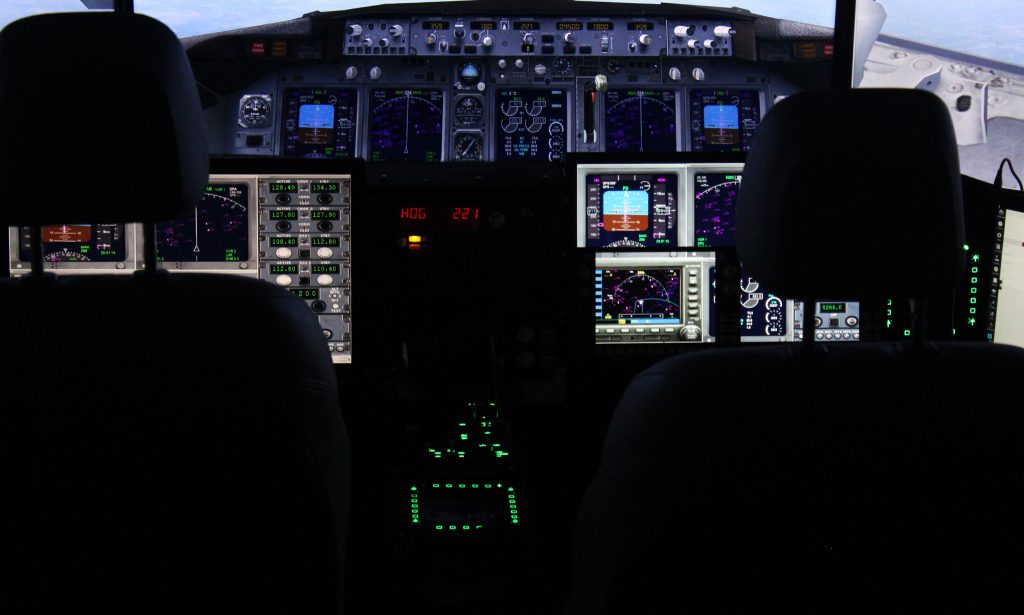
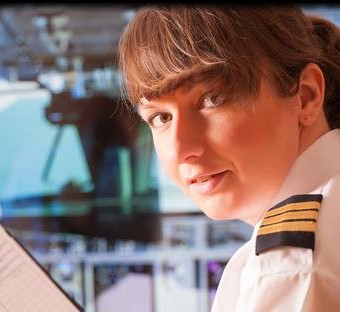
Comments are closed